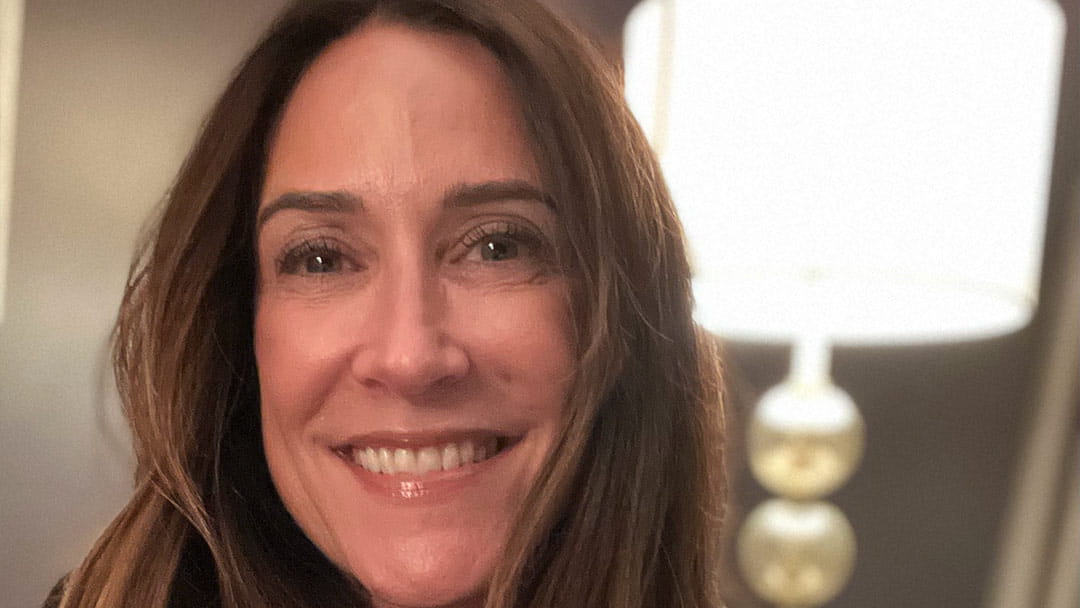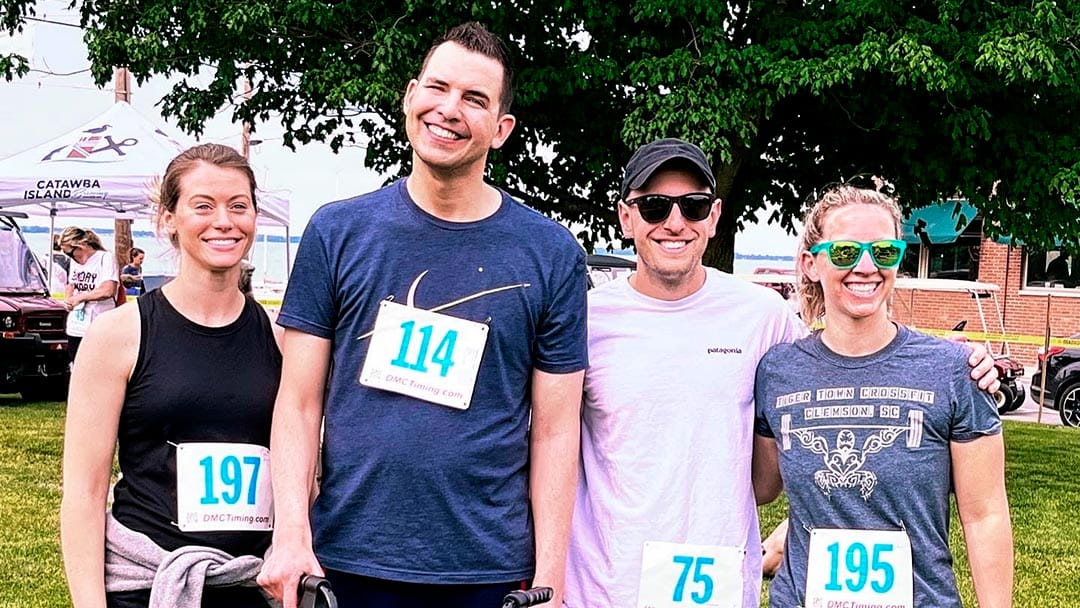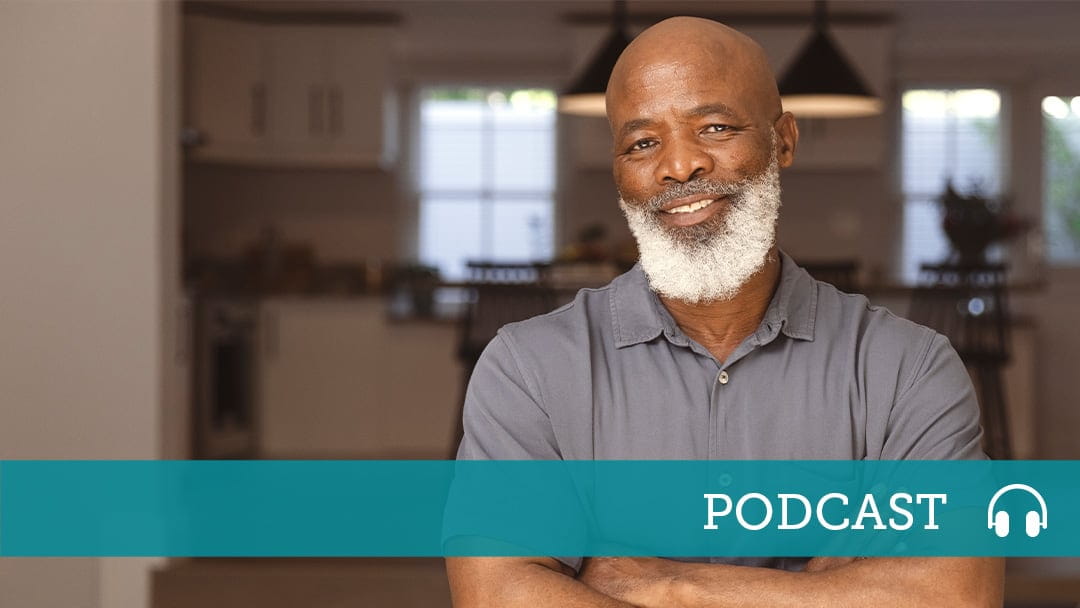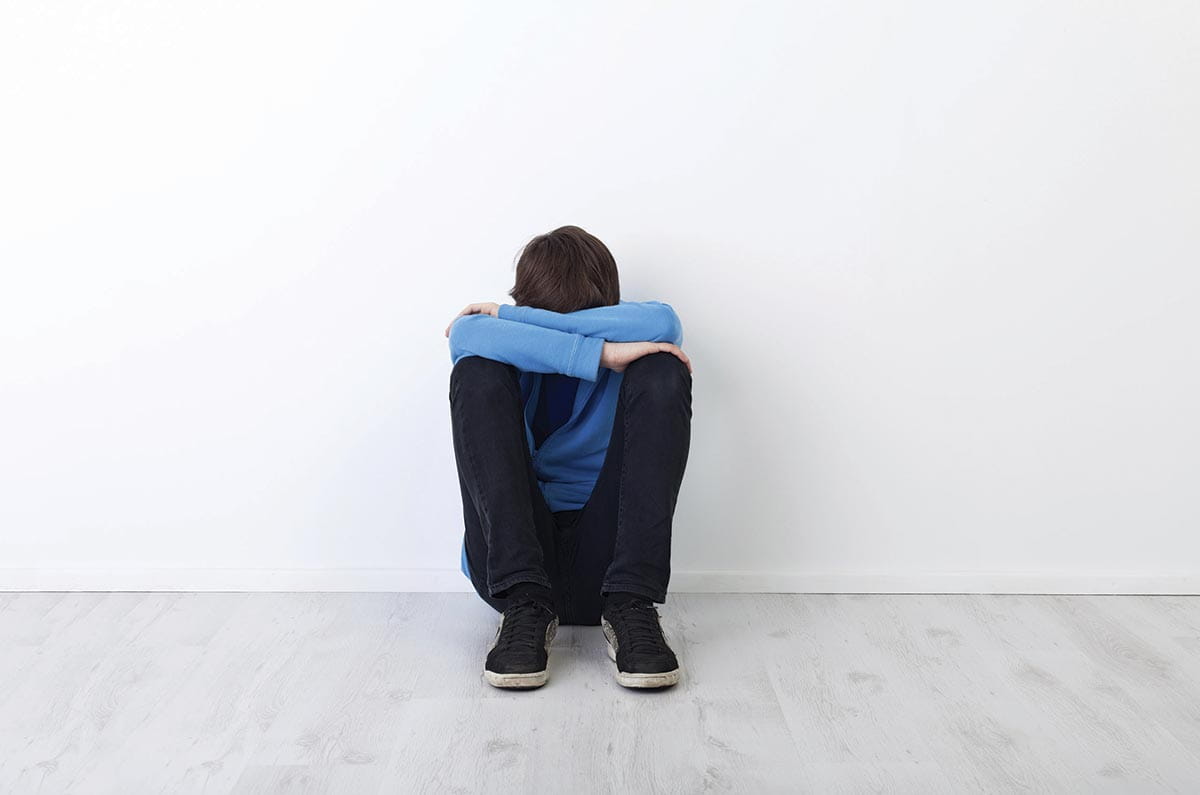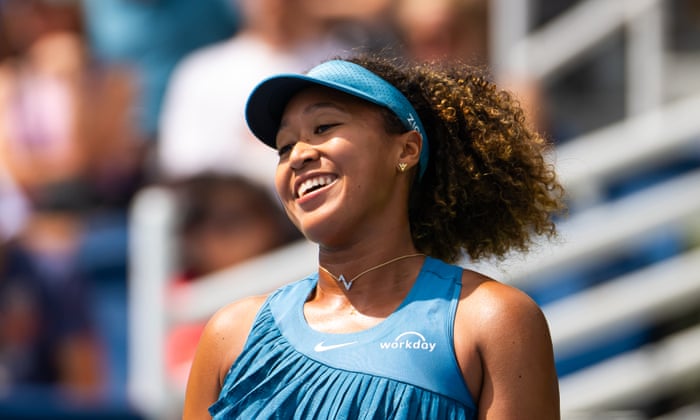
‘My greatest difficulty is that I don’t really feel like I’m in my physique,” Naomi Osaka wrote this week on Instagram. A yr after her daughter was born, the Grand Slam champion, who returned to the aggressive circuit in January, is struggling to seek out her kind. “I attempt to inform myself ‘it’s effective you’re doing nice’ … Internally I hear myself screaming ‘what the hell is going on?!?!’”
That’s terrible, however how implausible that she is speaking about how she feels. Historically, vulnerability isn’t welcome in elite sport, an atmosphere of “stigma surrounding psychological well being points, a excessive threshold for help-seeking conduct, and a low sense of psychological security”, as one research described it final yr. But a lot of elite athletes’ success is of their heads; after all they falter, habitually uncovered to strain that may crush us regular folks (unsurprisingly, analysis suggests they could be at increased threat of deleterious psychological well being signs.
Osaka helped to vary this. Her high-profile withdrawal from the French Open in 2021, citing nervousness compounded by press obligations she felt unable to satisfy, amplified a significant dialog others have continued: Adam Peaty; the diver Noah Williams, who this week mentioned his melancholy; and two athletes we’re used to casually calling superhuman, Michael Phelps and Simone Biles.
As a result of they’re people, in addition to superhumans. Their vulnerability makes them extra, not much less, spectacular. Current analysis confirmed my intestine feeling: the general public are supportive of athletes who’re experiencing psychological well being challenges.
What strikes me is that Osaka is describing a sense that most individuals who’ve given start – not simply elite athletes – would recognise. “Not in my physique” hits the nail on the top in relating the alienation out of your earlier self you may really feel within the postpartum months and even years. The physique I stay in now was reshaped by “simple” pregnancies and “good” childbirth in my supposedly resilient and bounce-back 20s: by the undiagnosed hernia I had for 3 years; by the abdominals no quantity of pilates wholly mounted; by the dodgy perineum (sorry, however we now have to speak about these items).
And I obtained off calmly. Analysis this yr discovered that labour is a traumatic expertise for one in three girls. (I typically discover myself interested by PMSL, Luce Brett’s brilliantly humorous, offended and unhappy memoir, which explores how “an hour of pushing” left her with a legacy of incontinence, by the way uncovering an unstated world of start accidents round her.) You’re now not in your physique while you develop, then expel, one other physique from it – and that should be far stranger to navigate when that physique is your work software and your livelihood.
A brand new, optimistic narrative round elite athletes getting back from being pregnant and childbirth has emerged lately. It began to crystallise when Jessica Ennis-Hill received the world championships 13 months after giving start and an Olympic silver shortly thereafter.
Laura Kenny, who received two Olympic medals after having her first baby, has written about how this perspective shift benefited British sport. There have been 9 moms in Staff GB at this Olympics; they received seven medals.
That’s – they’re – superb. Normalising moms’ success is a strong corrective to the entrenched prejudice that motherhood weakens girls. “It was one or the opposite – you have been both a present Olympian or a mom,” Kenny wrote within the Guardian of the mindset she had internalised. It must also imply girls get extra, and higher, assist when returning to elite sport postpartum (Denise Lewis described attempting to return to the heptathlon with out help after the start of her daughter in 2002 as a “very lonely expertise”).
It’s not grim or alarmist to say you won’t be the identical. That doesn’t essentially imply worse: you is perhaps stronger, higher, extra resilient. Physiologically and psychologically, although, issues are completely different. As Brett put it: “What was left of me on this ‘new mom’ physique?” That’s extra of a battle for some than others, whether or not they’re elite athletes or have by no means tried a parkrun. It helps to listen to girls say it’s laborious and add some nuance to the “you bought this, mama” narrative.
Osaka says she is giving herself “grace”; she is giving everybody who has felt that battle grace, too. That’s what makes her publish – and her – so good.
Emma Beddington is a Guardian columnist
-
Feedback on this piece are premoderated to make sure dialogue stays on matters raised by the author. Please remember there could also be a brief delay in feedback showing on the location.




